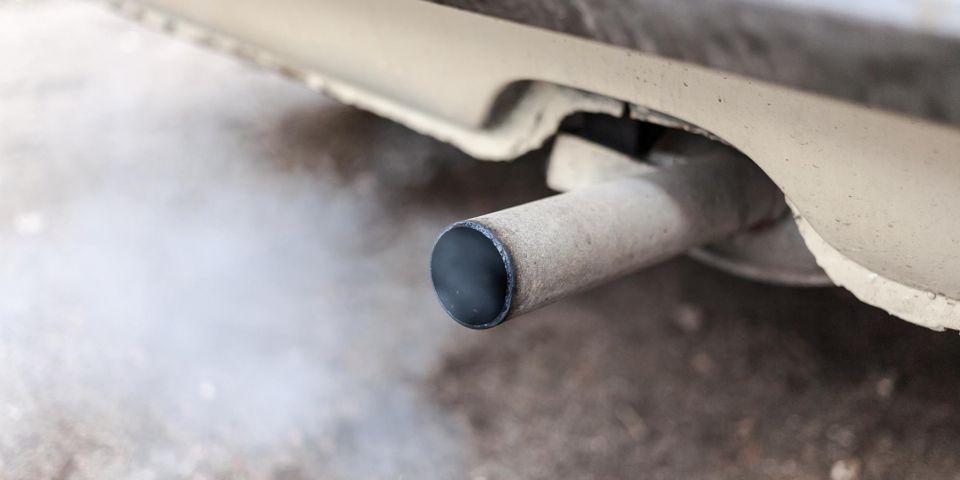
Your vehicle’s muffler is designed to dampen the loud noises that exhaust creates. It does this by manipulating the pressure created by the gases, which is why failing parts along the exhaust line often cause excessive noise. If you notice that your vehicle—specifically the exhaust—has been especially loud lately, there are a few common areas where issues arise.
3 Reasons Your Exhaust System Is Louder Than Usual
1. Exhaust Leak
If you hear ticking or puffing noises from the midsection of your car, exhaust may be escaping before it exits through the muffler. To check for areas where the gas may be leaking, you’ll need to get under the car. Never touch the exhaust soon after driving. Leave the car parked for a few hours before inspecting the vehicle to avoid burns and injuries. Begin at the back of the vehicle, and locate the exhaust pipe. Once the vehicle has cooled completely, you can trace the metal piping up toward the engine. If you see any holes in the metal, that’s likely the culprit of your sound issues; if not, begin checking pipe fittings. If any are loose, take it to a mechanic to have them tightened. Alternatively, the noise may be caused by a bad gasket, which is characterized by a decrease in fuel efficiency and engine power. This may not be recognizable by an untrained eye, so take it to an auto shop for an evaluation.
 2. Malfunctioning Catalytic Converter
2. Malfunctioning Catalytic Converter
Rattling noises that are coming from the middle of the vehicle are likely caused by the catalytic converter. As another essential component of the exhaust system, the converter causes a chemical reaction to reduce emissions of nitrogen oxide, carbon monoxide, and hydrocarbon, which are powerful pollutants. When this part is failing, it will create a sulfuric smell in addition to the rattling noise.
3. Failing Resonator
Not all vehicles have a resonator, but if yours does, it will be along the exhaust line, after the catalytic converter and before the muffler. If it does not fit well, it may allow exhaust to leak, which causes excessive noise. Additionally, because the resonator changes the pitch of the exhaust to help the muffler work more efficiently, one that is failing may result in sending sound waves through the pipes that the muffler can’t dampen. Similarly, a resonator that is too big or small for your vehicle may not convert fumes to the proper frequency, which causes exhaust to exit at a louder volume.
If you have heard suspicious noises from your exhaust, turn to the professionals at Warrenton Tire & Muffler. Serving all of Warren County, MO, their mechanics will find any leaks or failing parts to get your car back to a reasonable volume. In addition to muffler and general auto repairs, the team supplies a wide variety of tires to resolve any slow leaks or flats. To learn more about their services, visit them online, and call (636) 456-4355 to schedule an appointment.
About the Business
Have a question? Ask the experts!
Send your question

